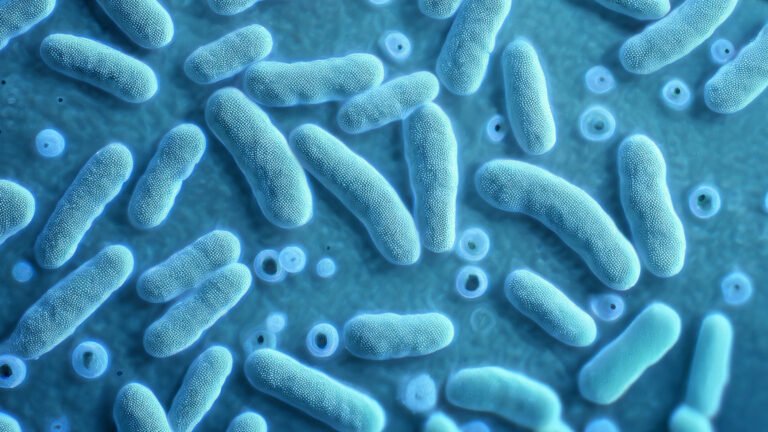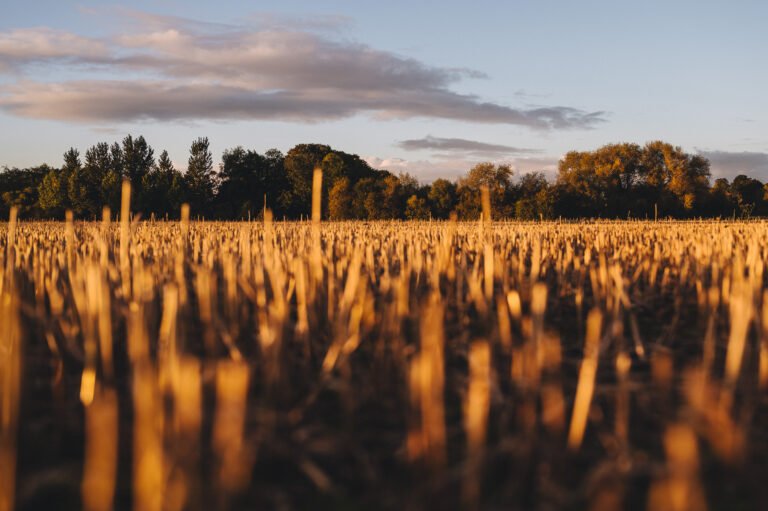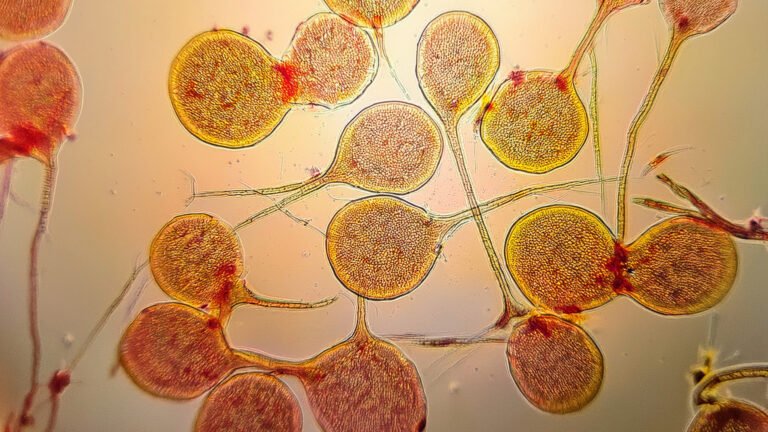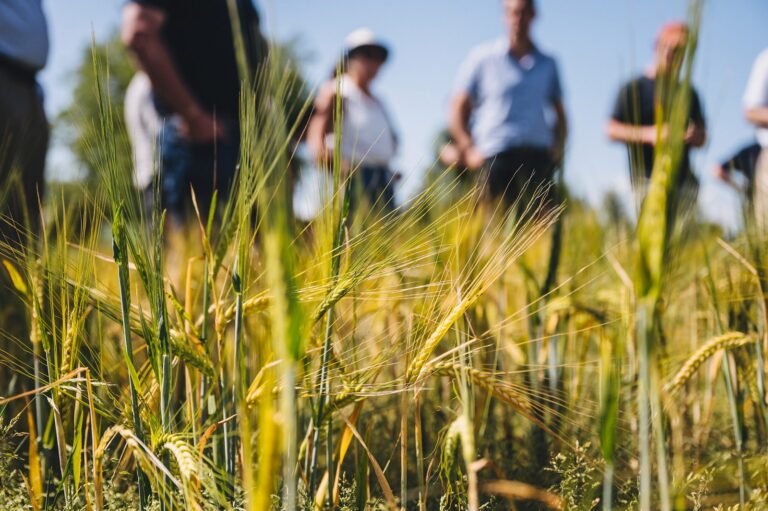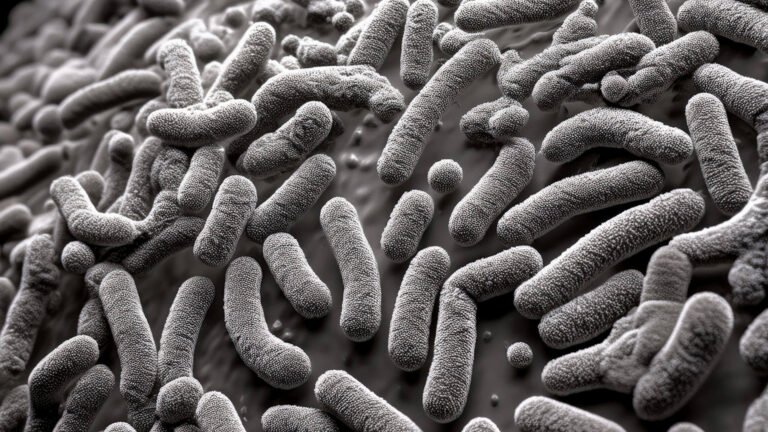Herefordshire Farming Problems and the Path Forward
Herefordshire is known for its rolling hills, fertile land, and deep agricultural roots – but behind this rural beauty lie some serious challenges for local farmers. From pollution in the River Wye to rising fertiliser costs and mental health pressures, Herefordshire farming problems are growing more complex every year. Farmers are not just feeding the nation – they’re also under immense pressure to reduce environmental impact, navigate shifting government policies, and keep their businesses afloat.
Herefordshire’s rivers are turning green…
“…not with prosperity, but with pollution. Discover how innovative farming practices and sustainable solutions are turning the tide against environmental degradation.”
As scientists with backgrounds in microbiology, biochemistry, and environmental protection, we’ve spent years studying the deep link between soil health, and public well-being. Through our work with sustainable biopreparations and conversations with local growers, we’ve seen first-hand what’s working – and where urgent change is needed.
This article will explore:
- What are the key farming challenges in Herefordshire right now
- Why phosphorus and nitrogen pollution are central to the crisis
- How local farms, councils, and environmental groups are responding
- What practical steps can help protect our rivers, our farms, and our future
Whether you’re a grower, policymaker, or concerned resident, understanding these issues is the first step toward lasting, local solutions.

What Are the Main Herefordshire Farming Problems?
Farmers in Herefordshire are facing a perfect storm of environmental, financial, and regulatory challenges. These issues don’t just affect food production – they touch every aspect of rural life, from community well-being to the health of local rivers.
Key Facts
Environmental Impact: Intensive livestock farming, particularly poultry units, significantly contributes to phosphorus and nitrogen pollution in Herefordshire’s rivers, leading to ecological degradation.
Regulatory Challenges: Recent legal rulings classify chicken manure as industrial waste, imposing stricter disposal regulations on farmers to prevent environmental harm.
Soil Health Concerns: Overapplication of fertilizers has led to nutrient-rich soils, increasing the risk of runoff and water contamination.
Economic Pressures: Farmers face rising input costs and policy uncertainties, affecting their financial stability and long-term planning.
Mental Health Issues: The cumulative stress from environmental, economic, and regulatory pressures is impacting the mental well-being of the farming community.
Innovative Solutions: Products like BactoRol Nitrogen and BactoFos offer sustainable alternatives to traditional fertilizers, promoting soil health and reducing pollution.
Here’s a breakdown of the key Herefordshire farming problems:
1. Environmental Concerns & River Pollution
- Intensive livestock farming – especially poultry units – is contributing to high levels of phosphorus and nitrogen in local waterways, including the River Wye and River Lugg.
- This nutrient overload leads to algal blooms, loss of aquatic biodiversity, and restrictions on new housing developments due to poor water quality.
- Agricultural emissions (methane, nitrous oxide) are also contributing to climate change, with Herefordshire farms under pressure to cut back.
2. Rising Input Costs and Market Volatility
- The cost of fuel, animal feed, fertiliser, and machinery maintenance has surged in recent years, making profitability more difficult – especially for smaller farms.
- Crop growers face unpredictable weather patterns and rising prices for synthetic fertilisers.
- Many arable farms struggle with soil degradation, requiring more inputs for lower returns.
3. Mental Health and Farmer Wellbeing
- Financial uncertainty, regulatory pressure, and environmental responsibility are putting huge stress on farmers.
- Mental health has been described as the “biggest hidden crisis” in UK agriculture.
- Initiatives like We Are Farming Minds are working to offer support, but stigma and isolation remain barriers.
4. Policy and Regulatory Uncertainty
- Changes to inheritance tax rules, delays in Sustainable Farming Incentive payments, and new rules around nutrient runoff have left many farmers feeling unsure about their future.
- Legal rulings (such as those affecting manure spreading or waste storage) add complexity to day-to-day decisions.
5. Infrastructure and Access Challenges
- Some farms – especially in remote or upland areas – lack access to reliable water supplies, digital infrastructure, or transport links.
- These limitations make it harder to adopt new practices or diversify farm income through tourism or direct sales.
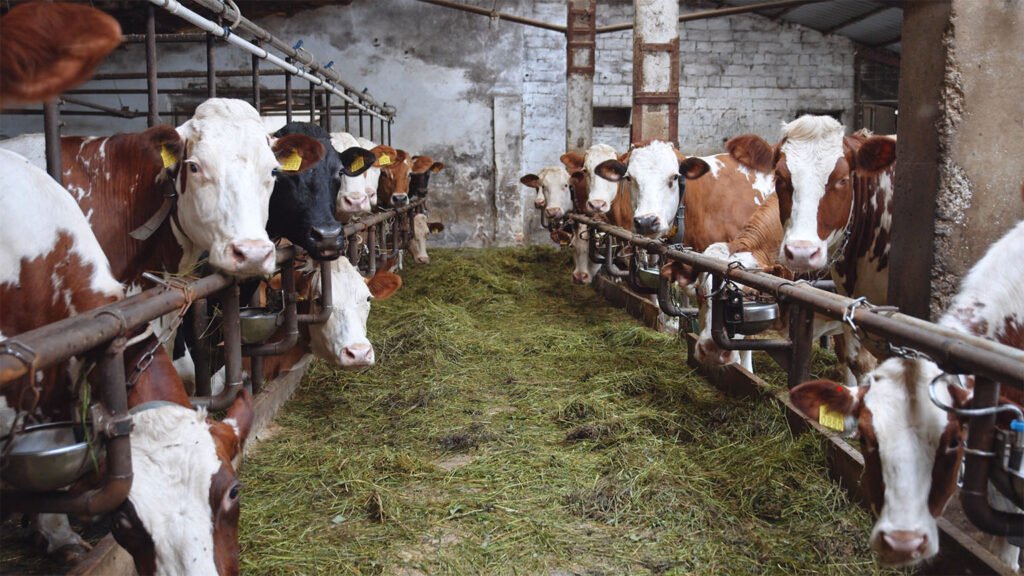
Phosphorus Pollution: Why It’s a Major Problem in Herefordshire
Of all the environmental issues linked to Herefordshire farming problems, few are as urgent – or as controversial – as phosphorus pollution.
Phosphorus is an essential nutrient for plant growth, but when it enters rivers in excessive amounts, it becomes a serious pollutant. In Herefordshire, it’s having a dramatic impact on the health of the River Wye and other local catchments.
Where is the phosphorus coming from?
- Intensive poultry farming has expanded rapidly across the county, particularly in the Wye catchment. Poultry manure is rich in phosphorus, and even with storage and spreading regulations, it often leaches into the soil and nearby watercourses.
- Fertiliser overuse – especially from legacy practices – is another major contributor. Some soils in Herefordshire are already saturated with phosphorus, so even small additions can cause runoff.
- Poor manure management, especially on sloping land or during wet conditions, adds to the problem.
According to studies by Natural England and the RePhoKUs project, nearly two-thirds of phosphorus in the River Wye comes from agriculture.
What are the consequences?
- Algal blooms: Excess phosphorus fuels the growth of algae, which smothers aquatic life, reduces oxygen levels, and makes rivers unsuitable for wildlife and recreation.
- Biodiversity loss: Fish populations suffer, invertebrate numbers drop, and the natural balance of river ecosystems is lost.
- Development restrictions: Poor water quality has led to a freeze on new housing projects in parts of Herefordshire, creating tension between environmental goals and economic growth.
- Farmer pressure: While many farmers are working hard to improve nutrient use, others feel they’re being unfairly blamed without proper support or recognition.
What’s being done?
- Herefordshire Council’s Phosphate Commission is exploring local policy and infrastructure changes to address the issue.
- The Wye & Usk Foundation is helping farmers adopt better manure storage, soil testing, and buffer strip practices.
- Farm Herefordshire and the Catchment Sensitive Farming programme offer training and resources for phosphorus reduction strategies.
A Smarter Way to Handle Phosphorus: BactoFos
When phosphorus builds up in the soil but remains unavailable to plants, the result is both waste and pollution. BactoFos is designed to fix that. It’s a biofertiliser packed with phosphate-solubilising bacteria, which unlock bound phosphorus in the soil and make it accessible to crops.
Ideal for cereals, maize, legumes, and more, BactoFos helps:
- Release “locked” phosphorus already in the soil
- Improve nutrient uptake without over-fertilising
- Reduce the risk of phosphorus runoff into rivers
It’s a valuable addition for any Herefordshire farmer looking to lower environmental impact while improving crop performance.
Explore BactoFos here
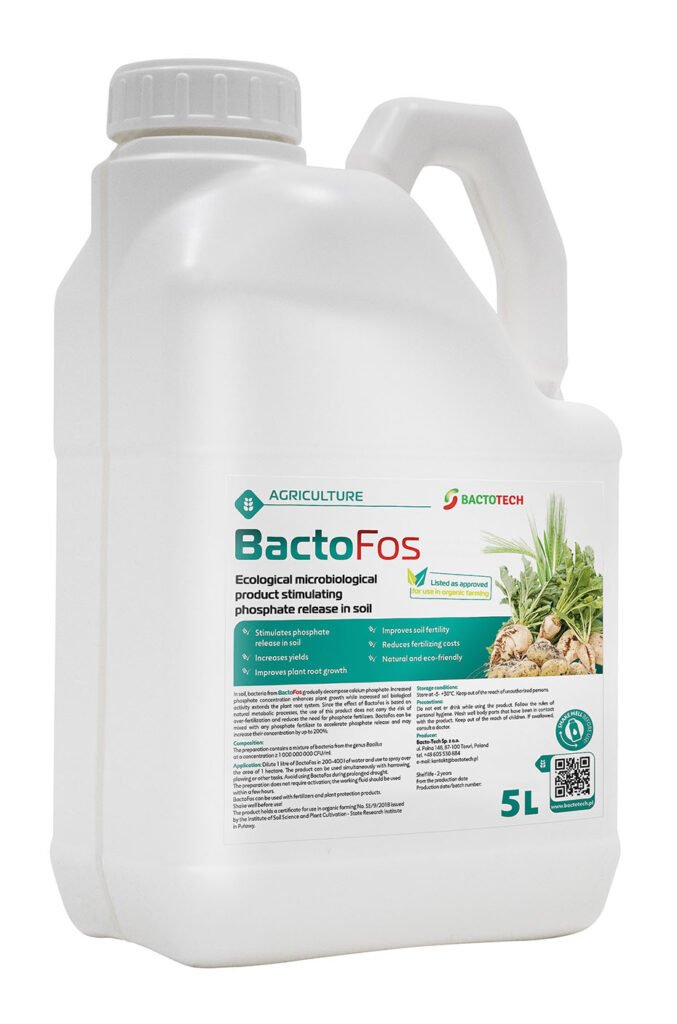
Nitrogen: The Invisible Threat to Soil, Rivers, and Farm Profitability
While phosphorus gets a lot of the headlines, nitrogen pollution is another serious issue affecting both Herefordshire’s environment and its farmers’ bottom lines.
Nitrogen is essential for plant growth, but like phosphorus, too much of it – or the wrong form – can cause big problems for soils, waterways, and ecosystems.
Where does nitrogen pollution come from?
- Synthetic fertilisers are widely used on both arable and grassland farms. When overapplied or poorly timed, nitrogen (often as nitrate or ammonium) can leach into rivers or evaporate as nitrous oxide – a potent greenhouse gas.
- Manure and slurry from livestock farming also contain high levels of nitrogen, which can be lost through runoff or volatilisation if not managed properly.
- Legume cover crops and green manures, while beneficial, can also contribute to excess nitrogen if not carefully integrated into a nutrient plan.
According to the Hereford Monitor Farm project, some fields are losing up to 40% of applied nitrogen – either to the air or through drainage – wasting money and harming the environment.
Why is this a problem for Herefordshire farmers?
- Water pollution: Nitrogen leaching into rivers can contribute to eutrophication, just like phosphorus – fueling algal blooms and harming aquatic life.
- Soil degradation: Excess nitrogen disrupts soil microbial balance, reduces carbon content, and increases acidity – leading to long-term fertility problems.
- Lost income: Wasted nitrogen means wasted money. Farmers are paying for inputs that don’t benefit crops and may later lead to environmental fines or restrictions.
- Regulatory risk: New rules and enforcement around nitrate vulnerable zones (NVZs) are likely to tighten, especially around sensitive areas like the Wye catchment.
What can farmers do?
- Use precision application tools to match nitrogen delivery to crop need and timing.
- Incorporate soil testing and nutrient planning to reduce overapplication.
- Adopt microbial solutions (like soil probiotics or nitrogen-fixing bacteria) to enhance natural nutrient cycling.
- Apply during dry, cool conditions, and avoid fields with high runoff risk.
Local support is available through:
- Catchment Sensitive Farming (Natural England) → CSF Herefordshire
- AHDB resources & nutrient planning tools → ahdb.org.uk
- Farm Herefordshire guides and workshops → farmherefordshire.co.uk
A Natural Aid for Nitrogen Management: BactoRol Nitrogen
For farmers looking to reduce synthetic nitrogen use while keeping yields high, BactoRol Nitrogen offers a sustainable and microbiologically backed solution. This biofertiliser contains live nitrogen-fixing bacteria that naturally support crop growth by converting atmospheric nitrogen into a plant-available form – right at the root zone.
By boosting nitrogen efficiency and soil biology, BactoRol Nitrogen helps:
- Cut down on fertiliser inputs
- Improve nitrogen uptake in cereals, oilseeds, and vegetables
- Minimise nitrate runoff and leaching risks
It’s a practical tool for farms aiming to protect the River Wye while saving on input costs.
Learn more about BactoRol Nitrogen

Local Solutions: How Herefordshire is Responding to Farming Challenges
While the issues around phosphorus and nitrogen pollution are serious, many local farmers, charities, and organisations are already working hard to turn the tide. Across Herefordshire, you’ll find a growing movement towards sustainable, science-backed, and practical solutions that support both the environment and the farming economy.
1. Better Nutrient Management on the Ground
- Many farmers are using soil testing, nutrient mapping, and precision application to reduce waste and cut runoff.
- Programmes like Catchment Sensitive Farming (led by Natural England) provide free advice and funding for measures like:
- Covered manure stores
- Grass buffer strips
- Improved drainage and field design
Learn more: herefordshireruralhub.co.uk/catch-sensitive-farming-csf
2. Microbial and Regenerative Approaches
- More farms are trialling biological products and soil probiotics that help naturally fix nitrogen and improve soil structure.
- Practices like cover cropping, composting, and reduced tillage are gaining traction through groups like Farm Herefordshire. 🔗 Resources: farmherefordshire.co.uk
3. Mental Health Support for Farmers
- Initiatives like We Are Farming Minds are breaking the silence around stress and mental wellbeing in agriculture.
- They offer counselling, awareness campaigns, and practical support – designed specifically for rural and isolated communities. 🔗 More info: wearefarmingminds.co.uk
4. Innovation and Collaboration
- The Wye & Usk Foundation is working directly with landowners to reduce nutrient losses through practical riverbank and soil management.
- The Herefordshire Food Alliance promotes local food systems that support smaller farms and reduce pressure on intensive models.
- Farmers are forming peer networks, sharing successes and failures in nutrient reduction and water protection. 🔗 Discover more:
5. Calls for Policy Reform
- Organisations like the NFU Herefordshire and CPRE Herefordshire are lobbying for:
- Clearer, fairer regulation
- A level playing field for all farm types
- More funding for agro-environmental schemes
Read more: - nfuonline.com
- cpreherefordshire.org.uk
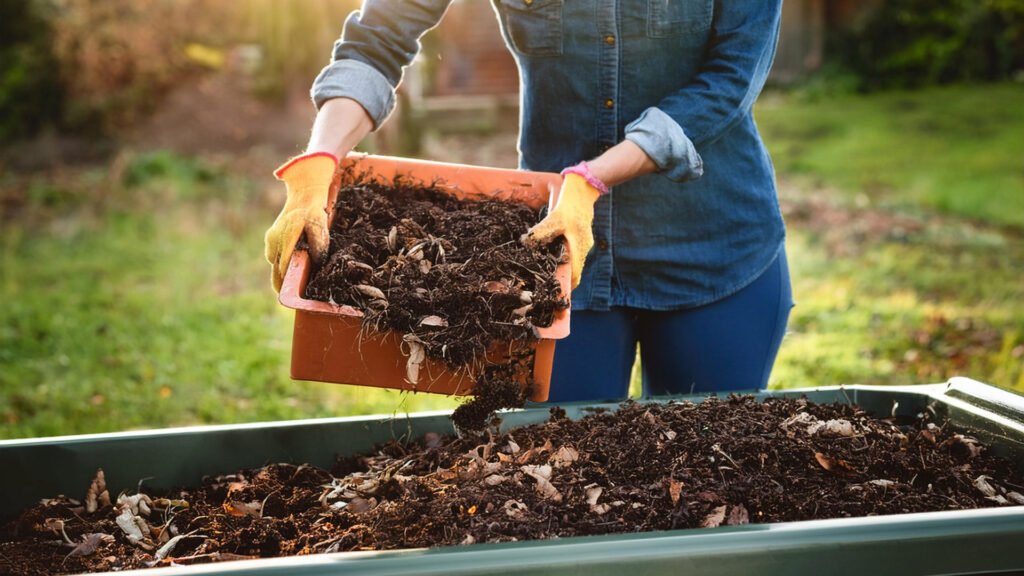
Key Stakeholders: Who’s Helping Solve Herefordshire’s Farming Problems?
Solving environmental challenges in farming – like phosphorus runoff or nitrogen leaching – isn’t something farmers can do alone. Thankfully, Herefordshire is home to a strong network of organisations offering advice, funding, policy support, and technical expertise.
Here’s a quick guide to the key local players and how they’re involved:
1. Herefordshire Council
- Leading policy initiatives to tackle water pollution (e.g. the Phosphate Commission).
- Balancing development, land use, and agricultural planning.
herefordshire.gov.uk
2. Natural England – Catchment Sensitive Farming
- Offers free, expert advice and grants to help farmers reduce nutrient pollution.
- Promotes best practice in manure storage, soil management, and field design.
gov.uk/catchment-sensitive-farming
3. Wye & Usk Foundation
- Works hands-on with landowners to improve river health in the Wye and Lugg catchments.
- Runs projects on buffer strips, woodland planting, and nutrient mapping.
wyeuskfoundation.org
4. Farm Herefordshire
- A collaboration of local groups promoting sustainable soil and nutrient management.
- Organises farmer-led workshops and publishes easy-to-use guidance.
farmherefordshire.co.uk
5. We Are Farming Minds
- Tackles mental health issues in the farming community.
- Offers counselling, awareness campaigns, and a dedicated helpline.
wearefarmingminds.co.uk
6. NFU Herefordshire
- Represents local farmers and lobbies for fairer, more supportive agricultural policy.
- Provides updates on fertiliser regulation, tax changes, and subsidy schemes.
nfuonline.com
7. Herefordshire Food Alliance
- Encourages local food systems and agroecological farming.
- Supports soil-friendly practices and connects growers with consumers.
herefordshirefoodcharter.org.uk
8. RePhoKUs Project (Research Collaboration)
- Leading research into phosphorus management in the Wye catchment.
- Offers practical insight for farmers, councils, and policy-makers.
RePhoKUs at Lancaster University
9. AHDB & ADAS
- Provide tools and case studies for nutrient planning, fertiliser efficiency, and soil health.
- Support farmer-led trials and long-term monitoring of nitrate and phosphate use.
ahdb.org.uk | adas.uk

Conclusion: A Healthier Future for Herefordshire Farming Starts Now
The challenges facing Herefordshire’s farming community are real – and urgent. From rising costs and uncertain policies to the complex realities of phosphorus and nitrogen pollution, the pressures on farmers have never been greater.
But this isn’t a story of crisis alone. It’s a story of resilience, innovation, and possibility.
Across the county, farmers are stepping up with smarter nutrient management, better soil practices, and a renewed commitment to protecting the land and rivers that sustain us all. Local organisations, researchers, and policymakers are offering tools, support, and science-backed solutions to make that transition possible.
Together, we can:
- Reduce nutrient pollution and restore the health of the River Wye and its tributaries
- Improve soil health and long-term farm productivity
- Create a more resilient, sustainable, and profitable agricultural system for everyone
- Protect the mental health and wellbeing of our rural communities
- Ensure Herefordshire remains a beacon of responsible farming and natural beauty
Also check – FERTILISER SHORTAGE 2026
Let’s act now—together.
- If you’re a farmer, explore the free tools and advice offered by Farm Herefordshire and Catchment Sensitive Farming.
- If you’re a resident, support local food systems and speak up for fair, balanced policy.
- If you’re a policymaker or advisor, back the people on the ground with funding, clarity, and consistency.
Got a question or story to share? We’d love to hear from you. Drop us an email or follow us on Instagram for updates, insights, and sustainable farming tips.
Herefordshire’s future depends on healthy soils, clean rivers, and thriving farmers. Let’s make it happen – starting today.


